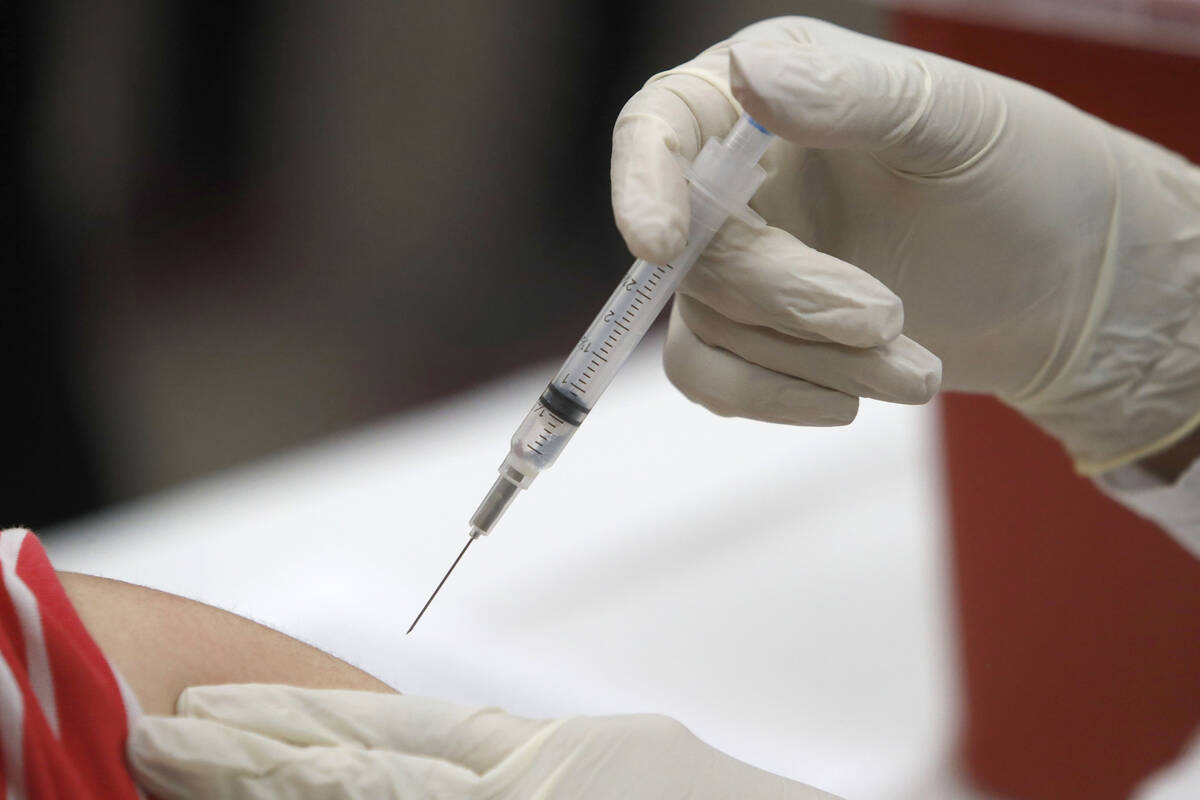How late is too late to get a flu shot?
Even though getting a flu shot doesn’t take long, it’s a task that is easy to put off … and off … and off. There are so many other needs begging for our attention, and if you’re generally in good health, you may think it’s no big deal to skip it. Before you know it, months pass and you still haven’t gotten your flu shot.
If you haven’t gotten immunized yet this flu season, you may be wondering if you’ve missed your window. At this point, should you just wait until next fall? We asked infectious disease experts for their advice.
How late is too late?
Ideally, infectious disease specialist Dr. Linda Yancey says, everyone should get a flu shot as soon as it becomes available before flu season (which is considered during fall and winter).
“We can’t know when the flu season is going to start and the vaccine takes a couple of weeks to get to full effectiveness, so it is best to get the vaccine as soon as you can,” she advises.
UNLV infectious disease epidemiologist Brian Labus agrees. “The best time to get the flu shot is before the flu starts to circulate. In a typical year, (the flu starts circulating) between Thanksgiving and Christmas, with the season really taking off when kids return to school in January. It takes about three weeks after getting the flu shot to reach maximum protection, so sooner is better than later,” he says.
Additionally, Labus notes, if it’s been more than six months since you’ve gotten a flu shot, it’s worth getting one again now, because the vaccine offers protection only for about six months.
As Labus points out, right now — the holiday season — is when the flu really starts going around, and it will continue to circulate in January. That means that it’s absolutely still worth getting your flu shot if you haven’t gotten it yet. In fact, it’s never too late to get a flu shot.
“Flu season runs from October to March, but there is sporadic flu happening all year round. The more protection, the better,” Yancey says.
Biggest flu shot myth
Both experts say that it’s a major myth that getting the flu vaccine will cause you to get the flu. “This is absolutely not possible because the virus in the vaccine has been killed and cannot multiply or cause disease. If you got the flu the day after the flu shot, it isn’t from the vaccine. It is from being around sick people at the pharmacy or in your doctor’s office,” Labus explains.
You may feel a bit worse for wear the next day after getting vaccinated, but this does not mean you have the flu. “The flu shot can make people feel a little run down the next day,” Yancey says. “But that is a good thing: The fever and achiness is a marker of a nice brisk immune response and good, high-level immunity.”
“People can have mild side effects after any vaccination, including the flu shot,” Labus notes. “The most common side effect of the flu shot is a sore arm, but some people also can experience some mild side effects like mild fever and fatigue, but these resolve in a day or two.”
He adds that any side effects from a vaccine are much less severe than coming down with the actual illness you’re getting vaccinated against.
If you don’t want to get the flu vaccine for your own health, Yancey says to do it for others. “While most people get over the flu without issue, influenza kills thousands of vulnerable Americans every year. Even if you don’t get it for yourself, get it to protect your elderly grandmother and newborn niece,” she says.













